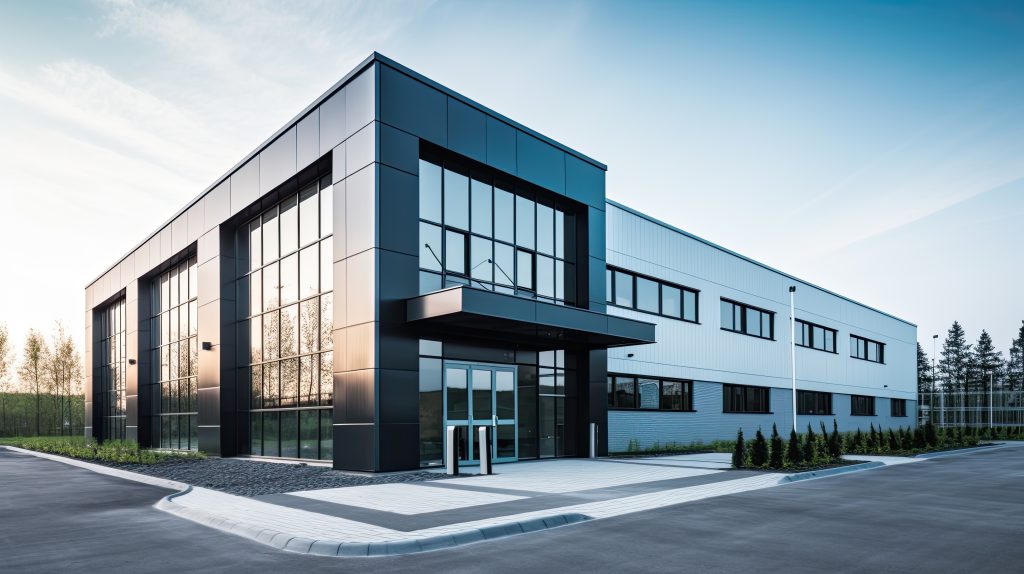When purchasing or leasing a commercial property, due diligence is key—and a commercial building inspection is one of the most critical steps in the process. It’s not just a box to check; it’s a strategic move that can reveal hidden issues, provide negotiating power, and ensure your investment is protected.
Unlike residential inspections, commercial inspections are broader in scope and can be highly customized based on the type of property. Whether it’s an office building, warehouse, retail space, or multifamily property, each asset has its own complexities and potential risks. Inspectors evaluate the condition of major systems including the roof, structure, HVAC, electrical, and plumbing. Depending on the building type, additional systems like elevators, fire suppression systems, or ADA compliance may also be reviewed.
Uncovering hidden problems early can save investors and tenants thousands in unexpected repairs. Imagine closing on a property only to find the HVAC system is at the end of its life, or that there’s water intrusion compromising the structure. A detailed inspection report not only identifies such issues but also provides insight into the projected remaining life of key components.
Commercial inspection reports are also useful during lease negotiations. Triple net leases, for example, place maintenance responsibilities on the tenant. A thorough inspection can help you understand exactly what you’re agreeing to maintain and budget accordingly.
In today’s competitive real estate market, skipping an inspection might seem like a way to fast-track a deal—but that shortcut can turn costly fast. Savvy investors and tenants understand that knowledge is power, and a commercial property inspection delivers exactly that.


Recent Comments